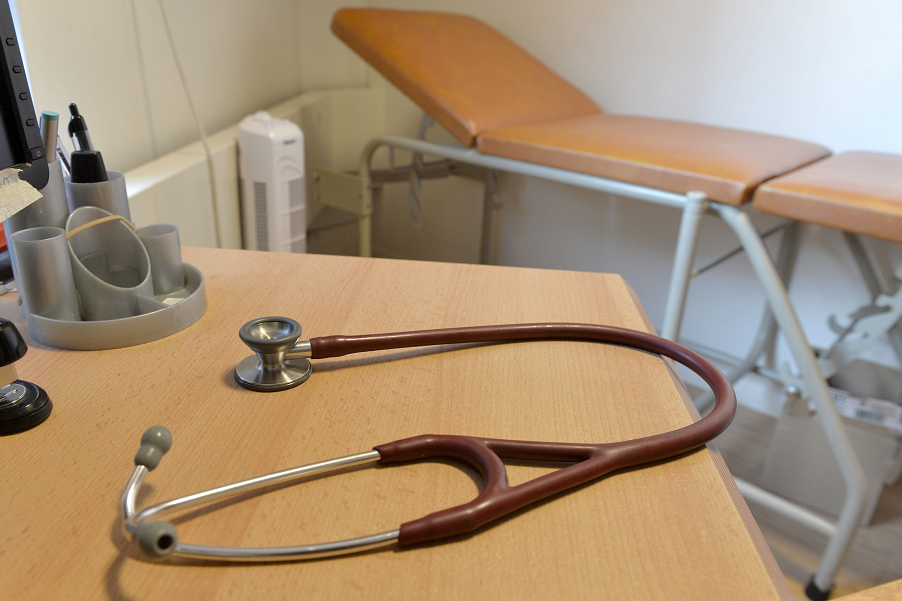More “appropriate and robust” methods are needed to judge how well GP practices detect cancer, Aberdeen University researchers have warned.
The team found variations in diagnosis rates were due to difficulties in recognising lesser understood cancers and not poor performances by individual doctors.
A study, published in the British Journal of Cancer, used data from more than 950,000 cancer cases from 8,303 general practices in NHS England over four years.
It followed on from research undertaken at NHS Grampian that produced similar results.
Dr Peter Murchie, the study’s lead author and a senior Aberdeen University lecturer, said the current system for comparing GP practices was flawed because it assumes all cancers are equally easy or difficult to diagnose.
“We know this isn’t the case,” he said.
“Some cancers can be straightforward to diagnose, for instance a woman with a typical breast lump, while others are much more difficult, such as when symptoms are vague or initial tests are normal.
“Current national guidelines make it clear when GPs should or should not refer a patient urgently for suspected cancer. If GPs follow these guidelines properly, how they are reported as performing will depend on which symptoms and cancers their patients have – and not on how good GPs have been at spotting cancer.”
The study concluded that more “appropriate and robust” methods are needed to fairly compare GP practices based on their performance in diagnosing cancer.
Dr Murchie said there were a number of reasons why the current criteria was not fair.
“When we examined data over a longer period of time than one year, we found that performance differences between practices became much smaller,” he said.
“We suggest greater emphasis on whether cases of suspected cancer were referred according to guidelines or not.
“While this would still need data pooled over several years for most practices, it would reduce the element of chance before publically reporting a GP’s performance.”
